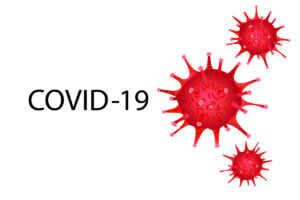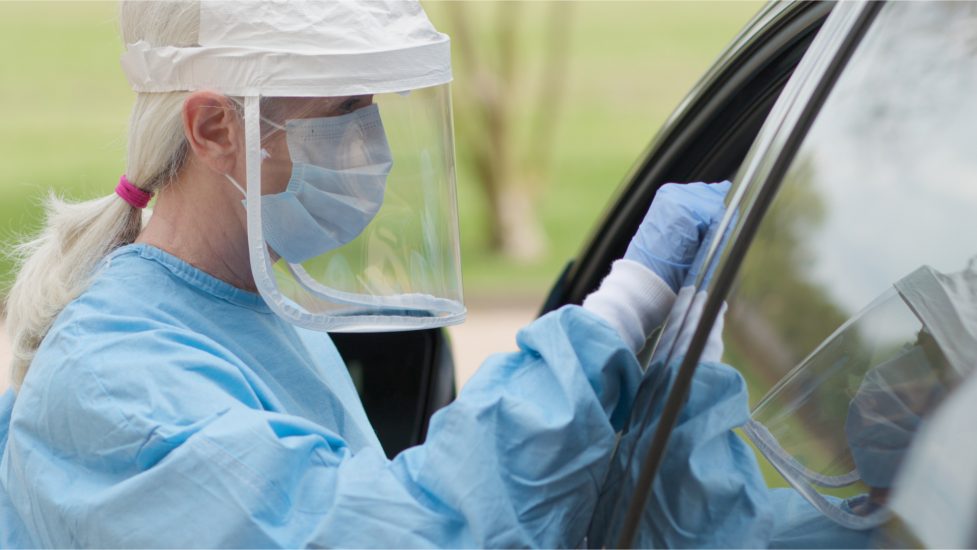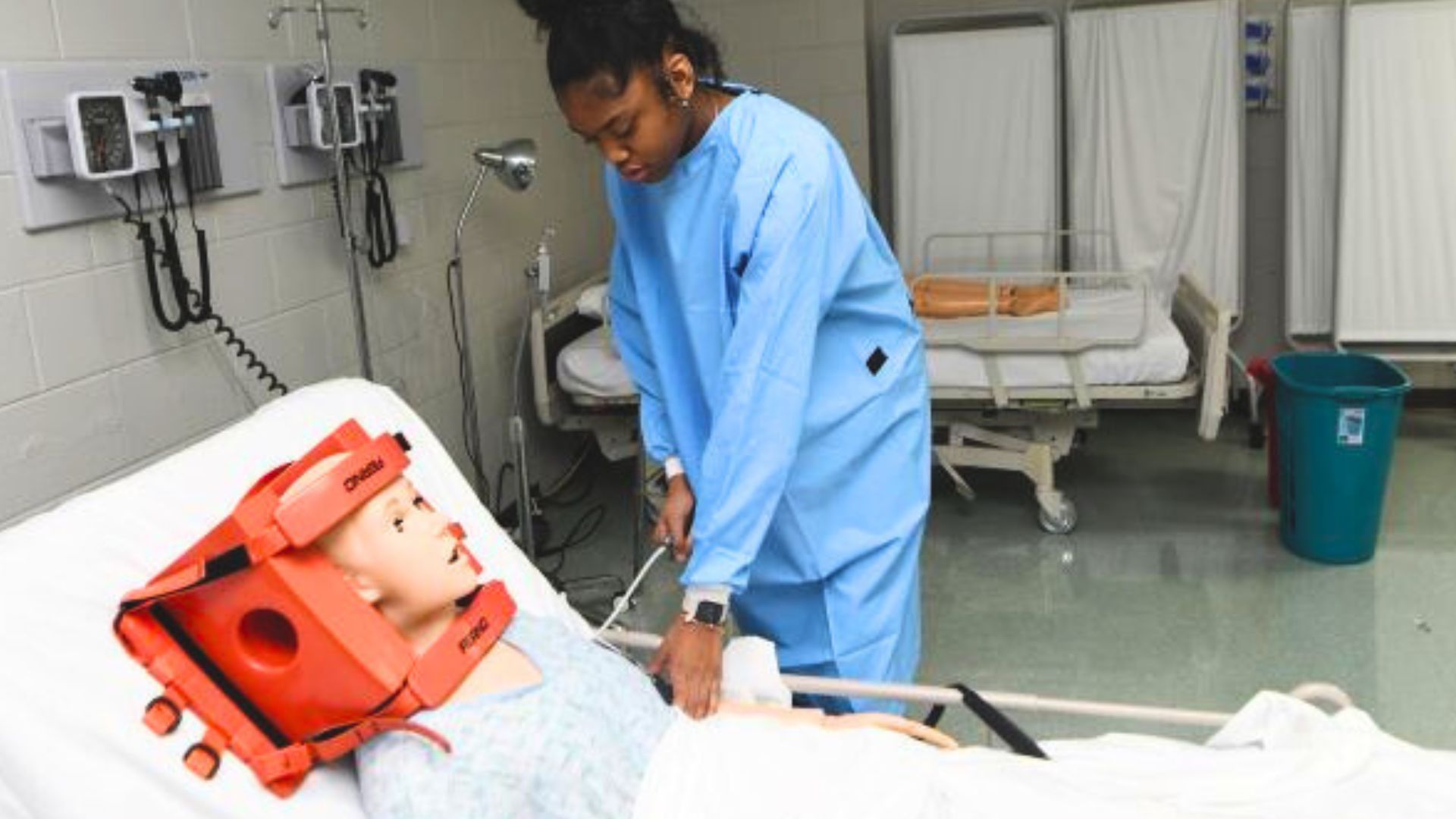
Testing for COVID-19 has ramped up in the past weeks, though the kits are in short supply, it may still be difficult to find a place to get the testing, and there are delays in getting the results. But, as more and more tests become available, the need for health care personnel to administer them will grow.
With the pandemic putting extreme pressure on the health care system, students and volunteers are stepping up to help with the testing. A new training video course’s goal is to assure that everyone doing the testing does it correctly and, just as importantly, they are taking precautions to ensure that they don’t get sick while helping others.
“The actual test is very hard to do, but what you do before and after is critical to limit infection to yourself and to the patient,” explains Jaime Nguyen, M.D., Director of Allied Health Programs for online education provider Penn Foster.
Nguyen was in charge of the team that developed the video for Penn Foster, in collaboration with Southern New Hampshire University and Guild Education. They are offering the training course for free to everyone who wants to take it.
Free Training Course on COVID-19 Testing
The COVID-19 test is done via nasal or throat swabs that detect the presence of the virus or the antibodies produced to fight it. The CDC has set up priorities for who should be tested. People with symptoms, have chronic diseases, are immunocompromised, are over age 65, have been exposed to COVID-19, or have traveled from an affected area in the past two weeks are at the top of the list.
“This video is critical,” says Nguyen. “We have such a limited supply of testing kits, and if they’re not performed accurately, if they are mislabeled, then it’s just a wasted kit. We’re at such a dire place in which every kit is precious that we want to make sure that they are appropriately performed, appropriately stored, shipped, and labeled.”
The training course is about 30 minutes and covers:
- The symptoms of COVID-19 and how the virus spreads
- Patients who should be tested and how to identify those who should receive priority testing
- Standard precautions, including proper hand washing techniques, and proper personal protective equipment for COVID-19 testing
- Safe use and removal of personal protective equipment
- Contents of the diagnostic test kit
- Proper patient and specimen identification
- Correct medical procedures for nasal and throat swabs
- Guidelines for storing specimens for shipment
There is an online assessment at the end and Penn Foster provides the person taking the course with a certification that they have been through the training.
Protecting the Test Givers

As the pandemic continues to grow, the health care workforce—particularly physicians and nurses—are becoming exhausted and hospitals and clinics are looking at other health care professionals to provide additional support. “You’re going to have people administering this test who are not doctors and nurses, who are allied health people, and, maybe in some cases, newly-minted students,” says Nguyen, who points out that the test can be difficult for someone who has never done it before.
Penn Foster trains and certifies allied health field workers. They decided to create a video to prepare their current students and graduates to administer the test and to understand how to protect their own health while doing it. After talking to one of their own staff members at the online school, they realized there was a need to share the training course wider.
“One of our content development directors who also works part-time as a paramedic said that she had her first suspected patients with COVID-19. She said she wasn’t used to putting on her personal protective equipment (PPE),” recalls Nguyen. “But, she realized that if she was going to be testing, and providing patient care to the patient, she needed to also protect herself.”
Expanding the Health Care Network
Testing is being conducted in hospitals, clinics, and even at drive-through sites. Not everyone has access though. Rural and isolated communities are particularly impacted. And when we get enough tests, people at senior living, drug and grocery stores, child care centers, and sports teams may be called on to administer the COVID-19 test. Nguyen says that by providing the free training to as many people as possible, more communities could eventually be reached. “It’s an important public service, and I’m proud of the impact Penn Foster is making.”
You can register for the free COVID-19 online training course at the Penn Foster website.











